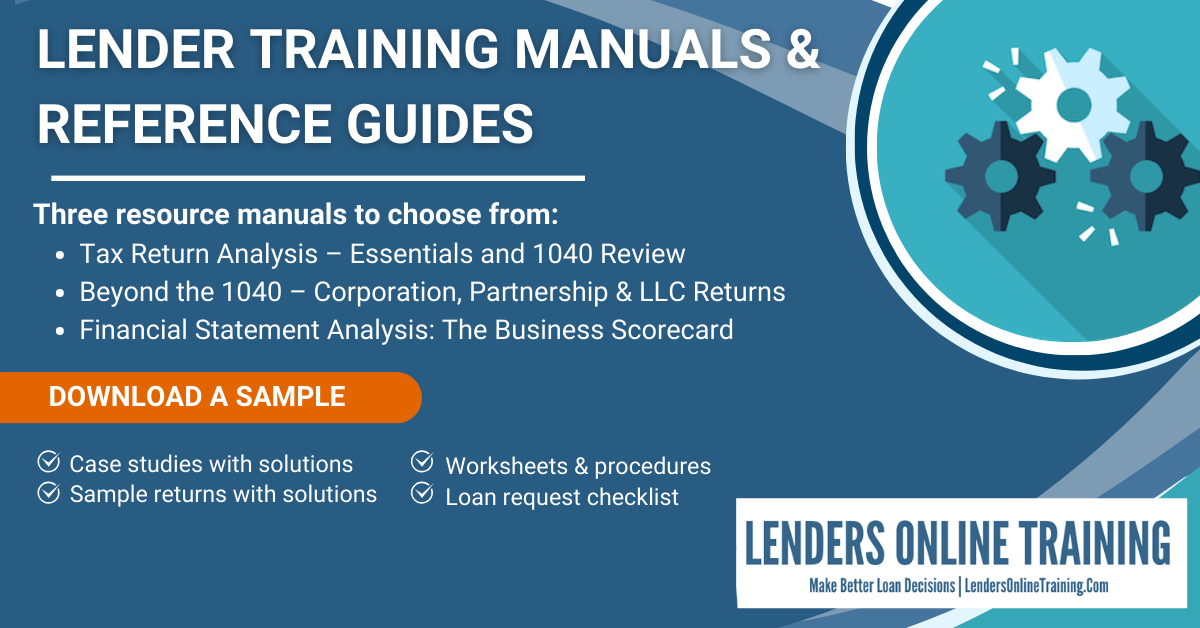Here are 15 questions you might pass along to some of your mid-size business borrowers. This is how Certified Fraud Examiners size up a company’s vulnerability from the 2007 edition of the Fraud Examiners Manual. Clearly not all the questions apply to every size business.
1. Do one or two key employees appear to dominate the company?
2. Do any key employees appear to have a close association with vendors?
3. Do any key employees have outside business interests that might conflict with their job duties?
4. Does the organization conduct pre-employment background checks to identify previous dishonest or unethical behavior?
5. Does the organization educate employees about the importance of ethics and anti-fraud programs?
6. Does the organization provide an anonymous way to report suspected violations of the ethics and anti-fraud policies?
7. Is job or assignment rotation mandatory for employees who handle cash receipts and accounting duties?
8. Has the company established positive pay controls with its bank by supplying the bank with a daily list of checks issued and authorized for payment?
9. Are refunds, voids and discounts evaluated on a routine basis to identify patterns of activity among employees, departments, shifts or merchandise?
10. Are purchasing and receiving functions separate from invoice processing, accounts payable and general ledger functions?
11. Is the employee payroll list periodically reviewed for duplicate or missing Social Security Numbers?
12. Are there policies and procedures addressing the identification, classification and handling of proprietary information?
13. Do employees who have access to proprietary information sign nondisclosure agreements?
14. Is there a company policy that addresses the receipt of gifts, discounts and services offered by a supplier or customer?
15. Are the organization’s financial goals and objectives realistic?

